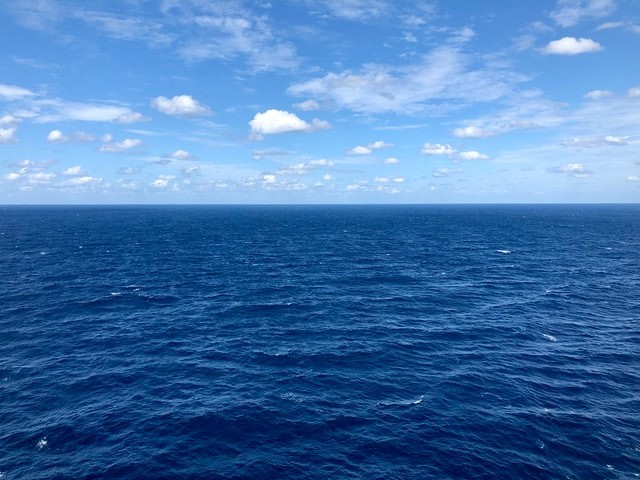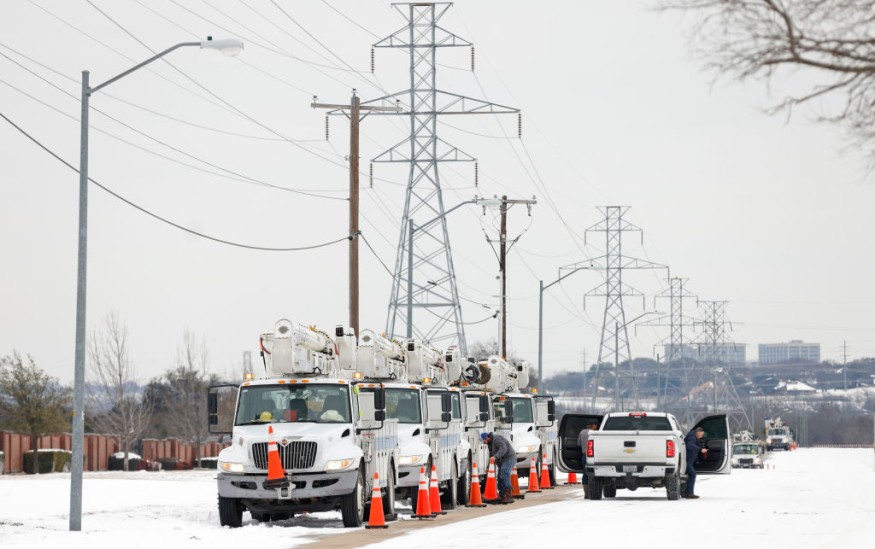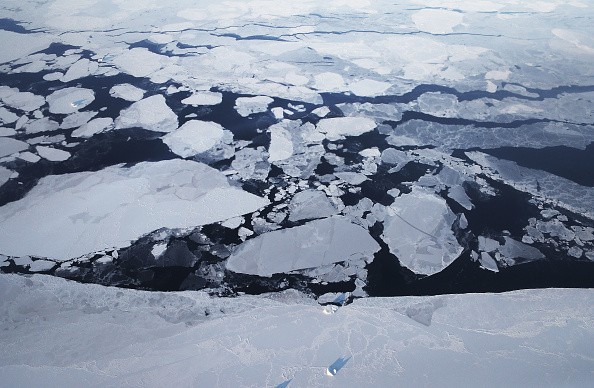The Atlantic section of the global conveyor belt known as the Atlantic Meridional Overturning Circulation, or AMOC, was investigated by a pair of researchers, who discovered that the United States' winter weather is heavily reliant on this conveyor belt-like system.
However, the AMOC will slow because of climate change, resulting in more extreme cold winter weather in the United States.

Jianjun Yin, an associate professor in the University of Arizona Department of Geosciences, and Ming Zhao, a physical scientist at the National Oceanic and Atmospheric Administration's Geophysical Fluid Dynamics Laboratory, led the study, which was published in the journal Communications Earth & Environment.
Changing Water Temperature
Warm water in the upper Atlantic Ocean flows north, releasing heat into the atmosphere at high latitudes, and this is how AMOC works. The water becomes thicker as it cools, causing it to sink into the deep ocean and flow south.
"This circulation moves much heat northward in the ocean," Yin explained. "The magnitude is on the order of one petawatt, or tens to hundreds of thousands of power watts. Currently, the global energy consumption is around 20 terawatts or 10 to 12 power watts. As a result, one petawatt is enough to power around 50 civilizations."
However, when the temperature warms, the ocean surface heats as well. Simultaneously, the Greenland ice sheet is melting, dumping more freshwater into the ocean.
Warming and refreshing the water can lower the density of the surface water and prevent it from sinking, delaying the AMOC. The northward heat transmission slows as the AMOC slows.
Related Article : How Will the Damp La Niña Season Affect the Scorching American West?
Energy Dispersion
Because the equator receives more energy from the sun than the poles, this is significant. Energy is transported from low latitudes to high latitudes by both the atmosphere and the ocean.
If the sea can't transfer as much heat northward as it formerly could, the atmosphere at mid-latitudes must transport more heat through more severe weather processes.
Cold air is displaced from the poles and pushed to lower latitudes, reaching as far south as the US southern border as the atmosphere transfers heat northward.
"Imagine two motorways linking two major cities," Yin explained. "When one is closed, the other receives greater traffic. Traffic is the typical weather in the atmosphere. As a result, if ocean heat transmission slows or stops, the weather will become more severe."
Texas Freezing

The freezing weather prompted the study that Texas endured in February, according to Yin.
"The daily temperature in Houston plummeted 40 degrees Fahrenheit below average," Yin added. "That is the normal temperature difference between summer and winter. It reminded me of the Arctic in Texas. Because this type of catastrophic winter weather has occurred in the United States numerous times in recent years, scientists have been trying to figure out what causes these extreme events."
The Texas crisis resulted in extensive and severe power outages, with the National Oceanic and Atmospheric Administration estimating $20 billion in socioeconomic losses. Yin was intrigued by the ocean's participation in catastrophic weather occurrences.
Ensuring the Study

To determine the impact of the AMOC on severe cold weather in the United States, Yin and Zhao utilized a cutting-edge, high-resolution global climate model.
They ran the model twice, the first time to look at the current climate with a working AMOC. They then tweaked the model by injecting enough freshwater into the North Atlantic's high latitudes to shut off the AMOC.
Again, the AMOC's involvement in frigid weather was highlighted by the discrepancy. According to the researchers, icy winter weather worsens in the United States without the AMOC and its northward heat transmission.
The AMOC has deteriorated in recent decades, according to new observational research. Climate models predict that when greenhouse gas levels rise in the atmosphere, they will become increasingly weaker.
"However, the degree of the weakening is unknown since we don't know how much the Greenland ice sheet will melt at this time," Yin added. "Greenhouse gas emissions determine the amount it melts."
The researchers also didn't include the impacts of human-caused global warming in their model, but Yin says that's something they'll look into in the future.
"We just switch off the AMOC (in the model) to see how extreme weather responds," he explained. "After that, we'll look at the combined impacts of the AMOC slowdown and global warming on severe cold weather," says the researcher.
For more news about making the environment sustainable, don't forget to follow Nature World News!
© 2025 NatureWorldNews.com All rights reserved. Do not reproduce without permission.





